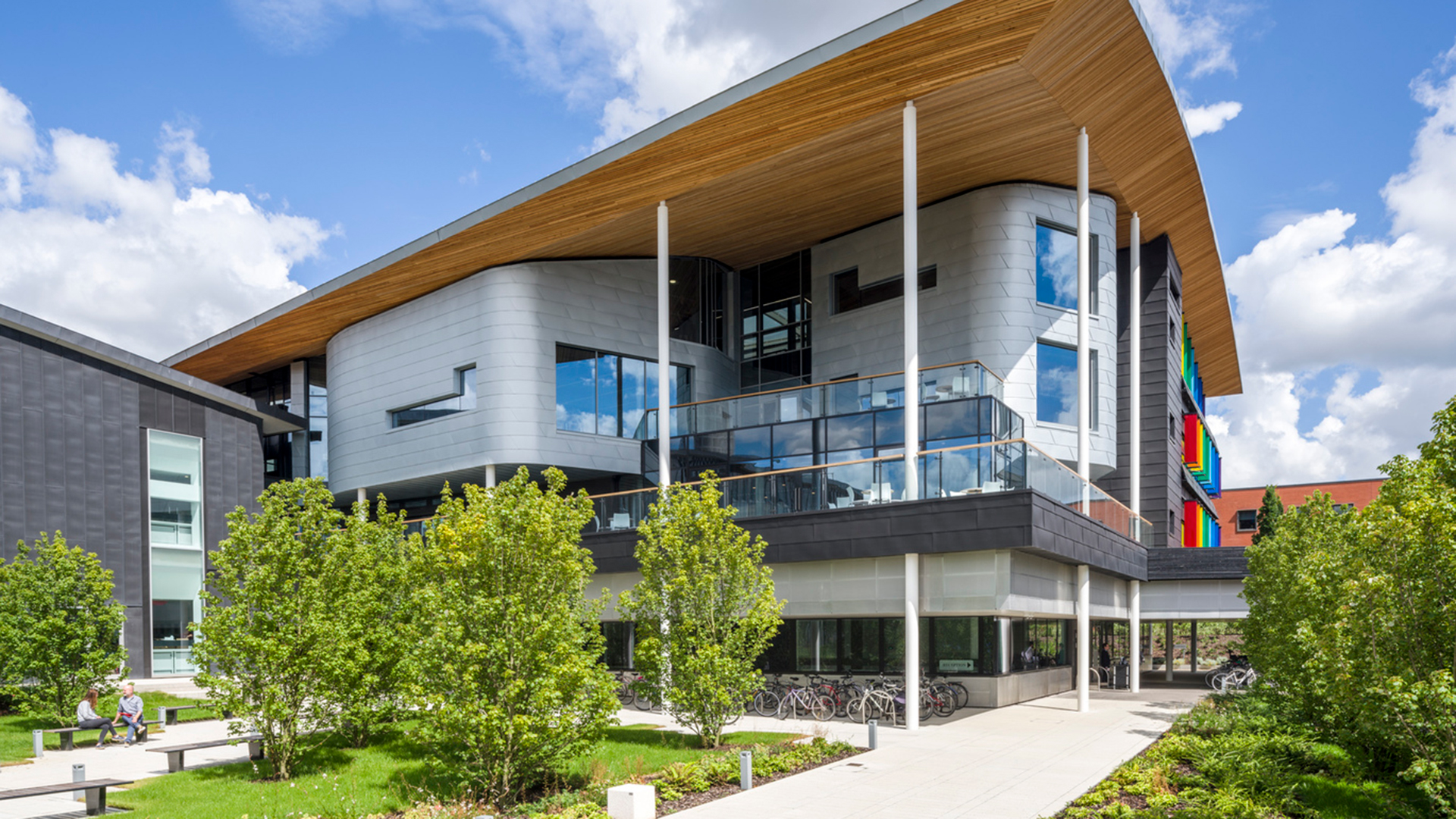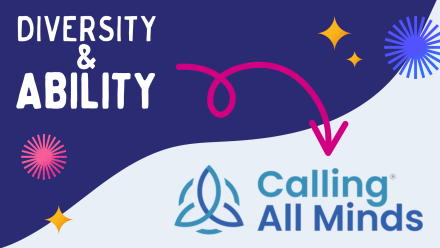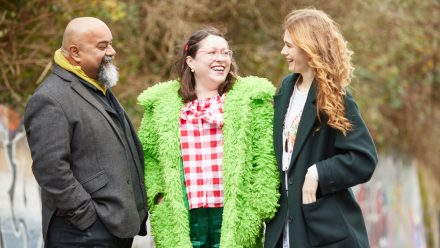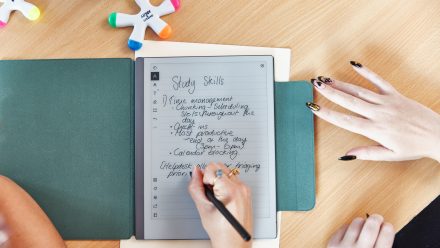Ensuring no disabled student gets left behind at the University of Cambridge
2nd December 2019 by Catia Neves
What was the challenge?
The University of Cambridge were looking to improve Assistive Technology training for international disabled students who had been awarded software via Cambridge’s International Disabled Students’ Fund.
What did we do?
After a successful Assistive Technology training pilot programme in 2016/7 run by D&A and The University of Cambridge’s Disability Resource Centre, D&A has since offered training to international students at the university.
What were the benefits of our approach?
“We were impressed by the feedback we had had from students who had been supported by them in the previous years, and by their model, particularly the fact that the majority of trainers are ex-disabled students who have been through the DSAs process themselves, so they know the ropes; they can empathise.
“We have also been impressed by the focus on quality, on ensuring students are helped to build effective and sustainable strategies, and by the learning plans which allow other support workers (such as study skills tutors and mentors), as well as disability advisers, to have an understanding of how the students they support are using their assistive technology. It’s all very joined up; very impressive.
“The feedback from the evaluation we have run with students who have been part of the pilot has been highly positive. We have also had very positive feedback from disability advisers and support staff, who D&A ran training sessions for.
“This would be my definition of ‘value for money’. They are not the cheapest, but you get what you pay for. Value for money has to be about quality and sustainability, not just about costs. It has to work. This does. I would strongly recommend them. ”
“We have also had very positive feedback from those DSAs funded home students who have been allocated support from D&A. I just wish it could be provided by D&A for all of them.”
John Harding, Head of the Disability Resource Centre, University of Cambridge




